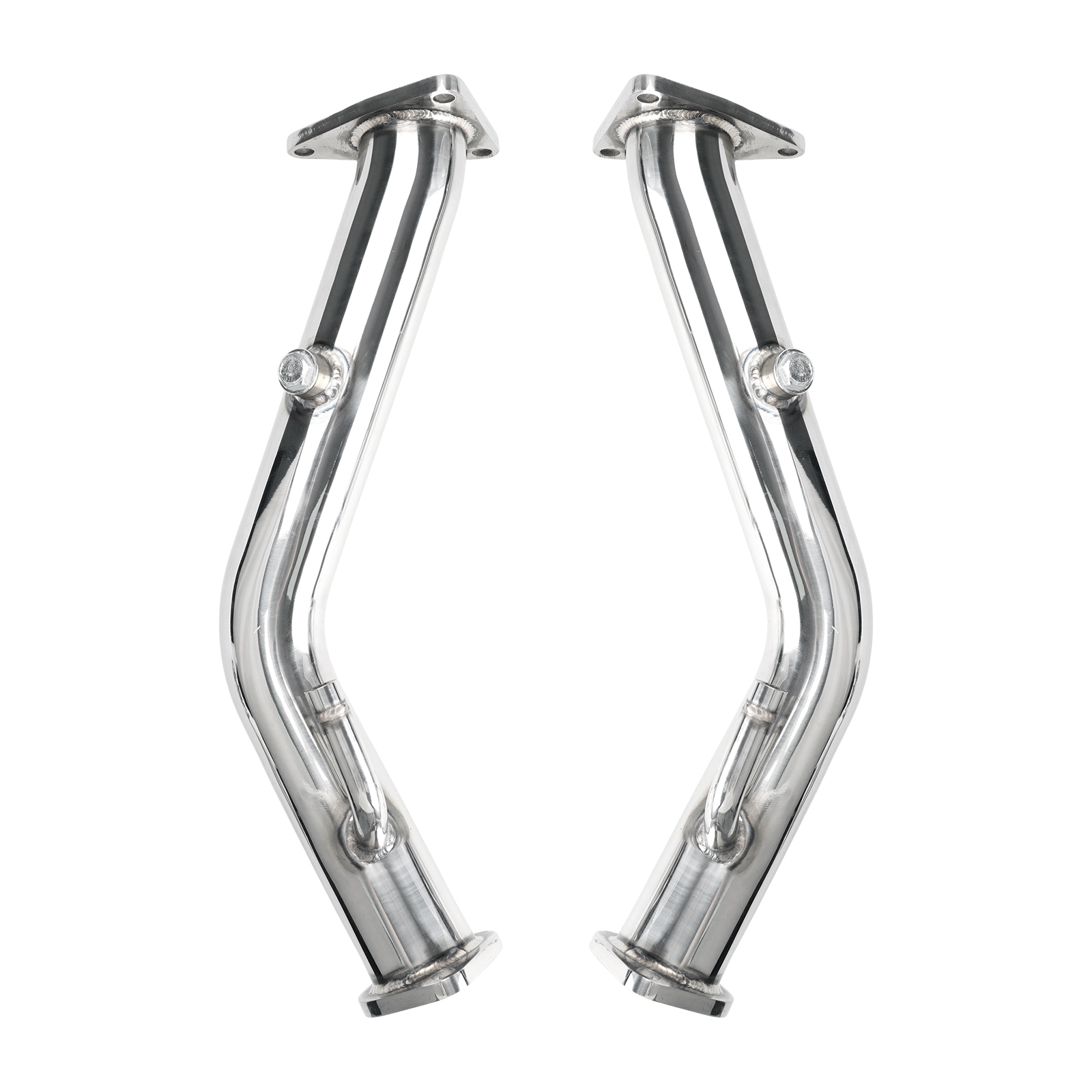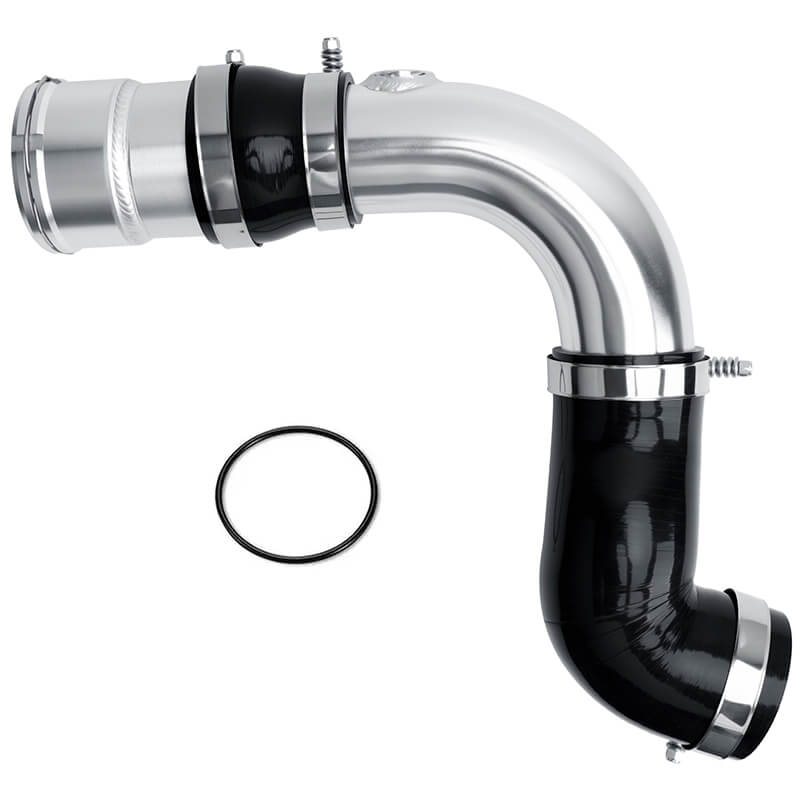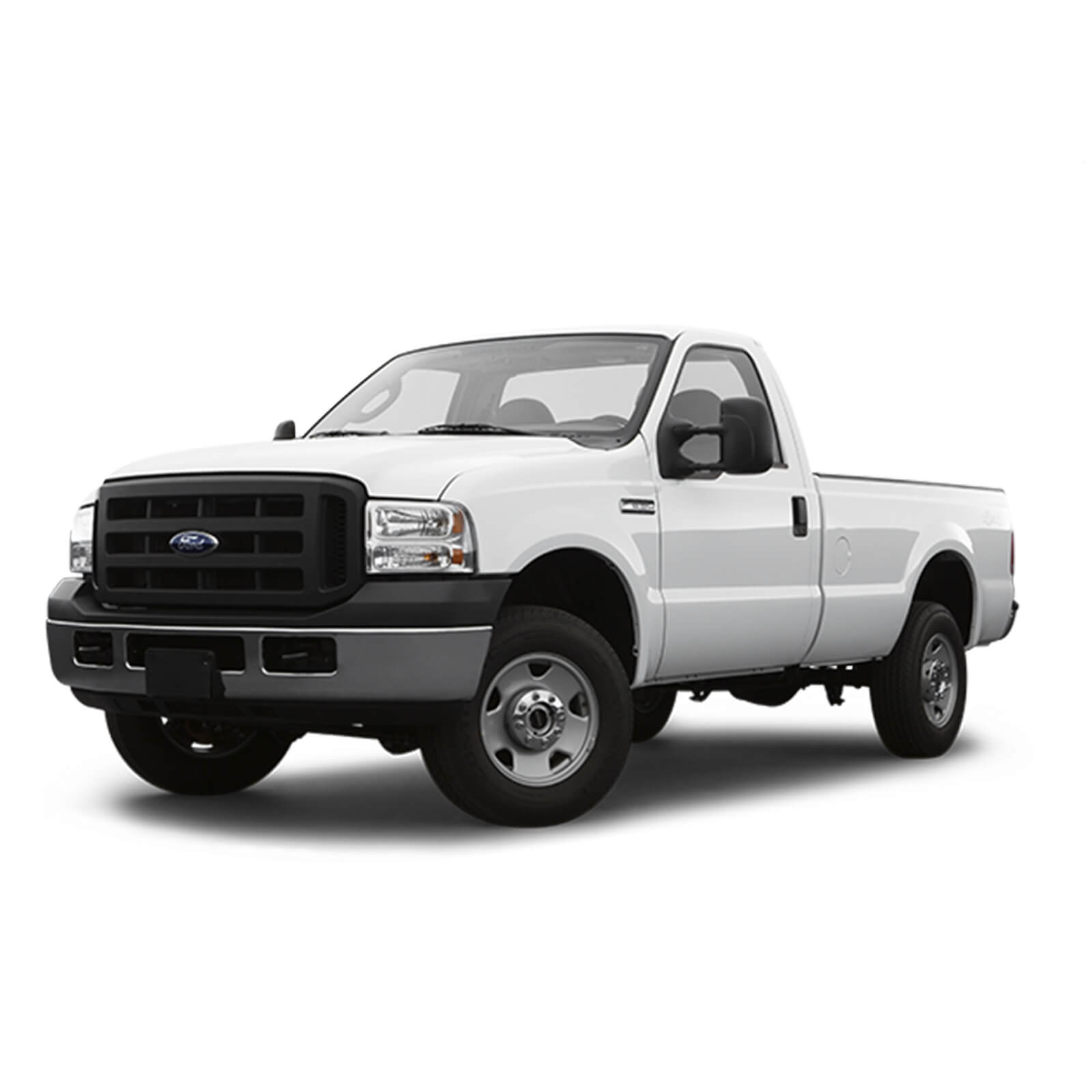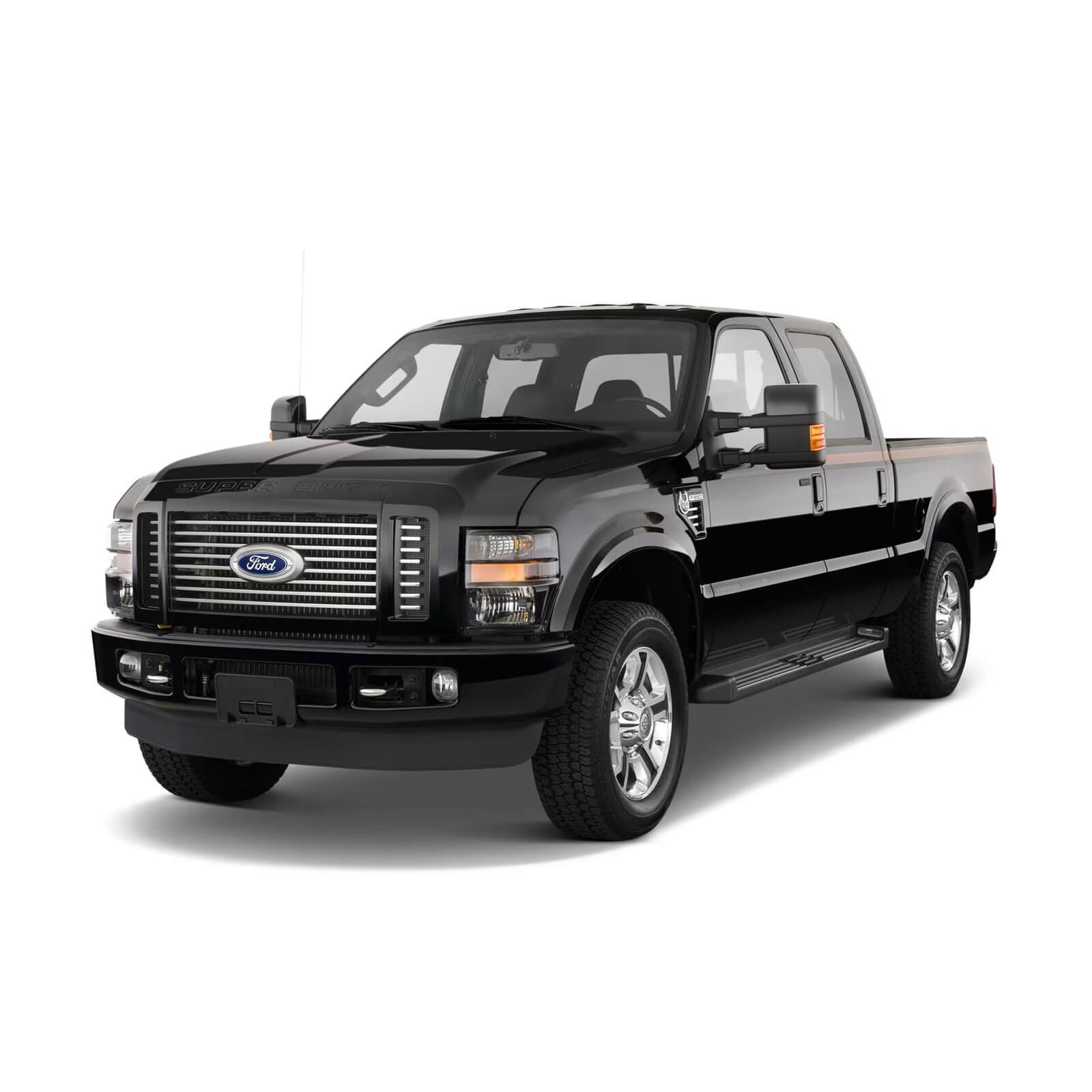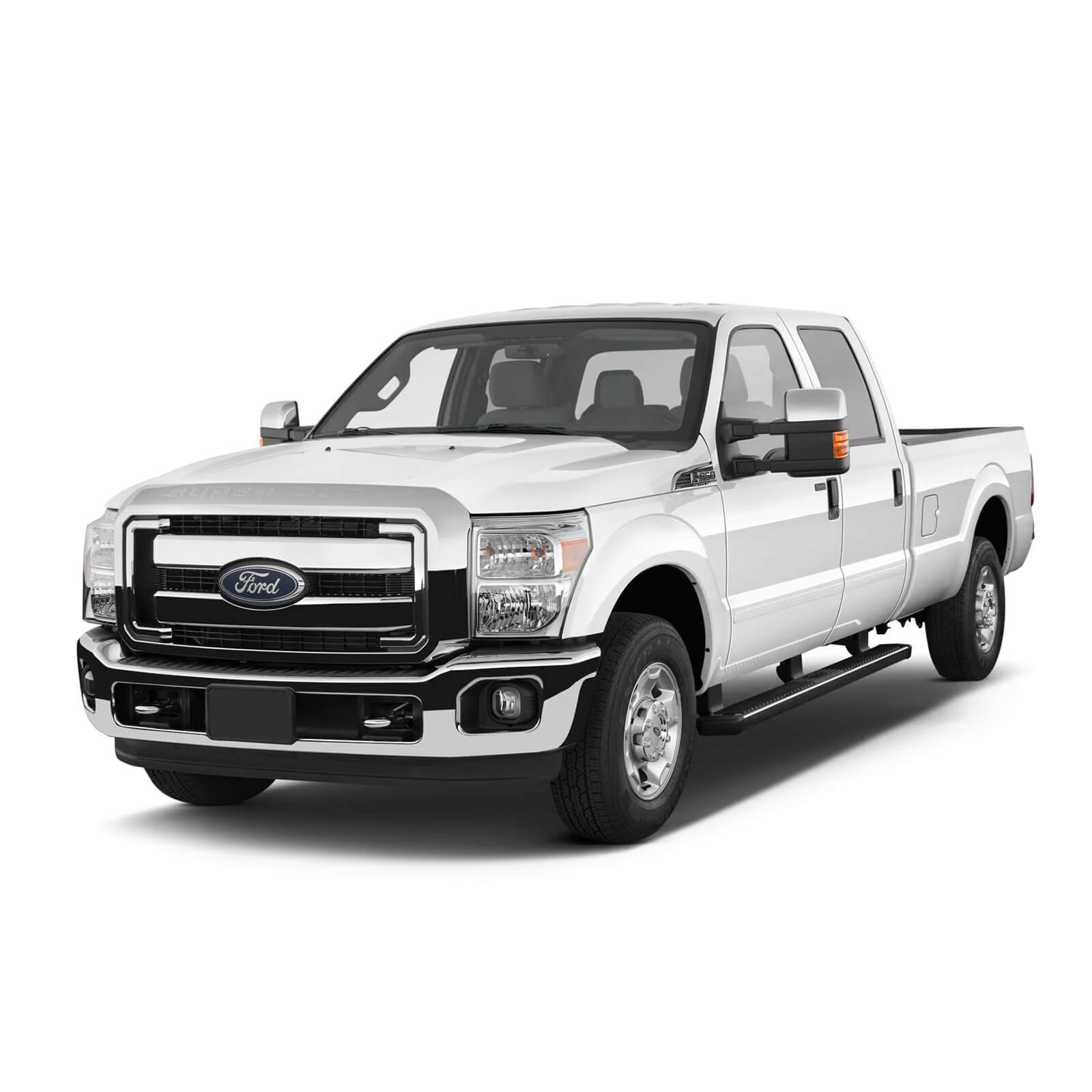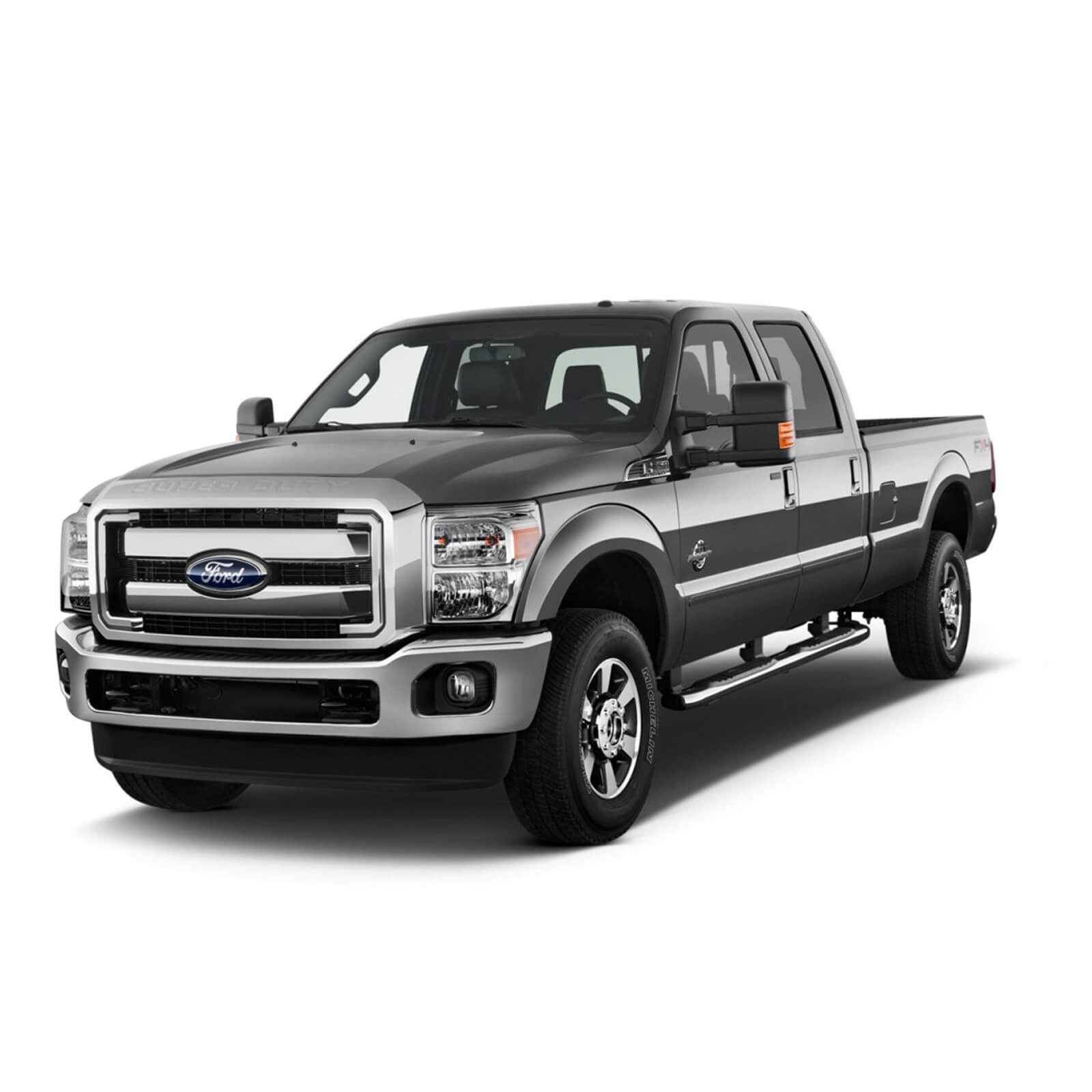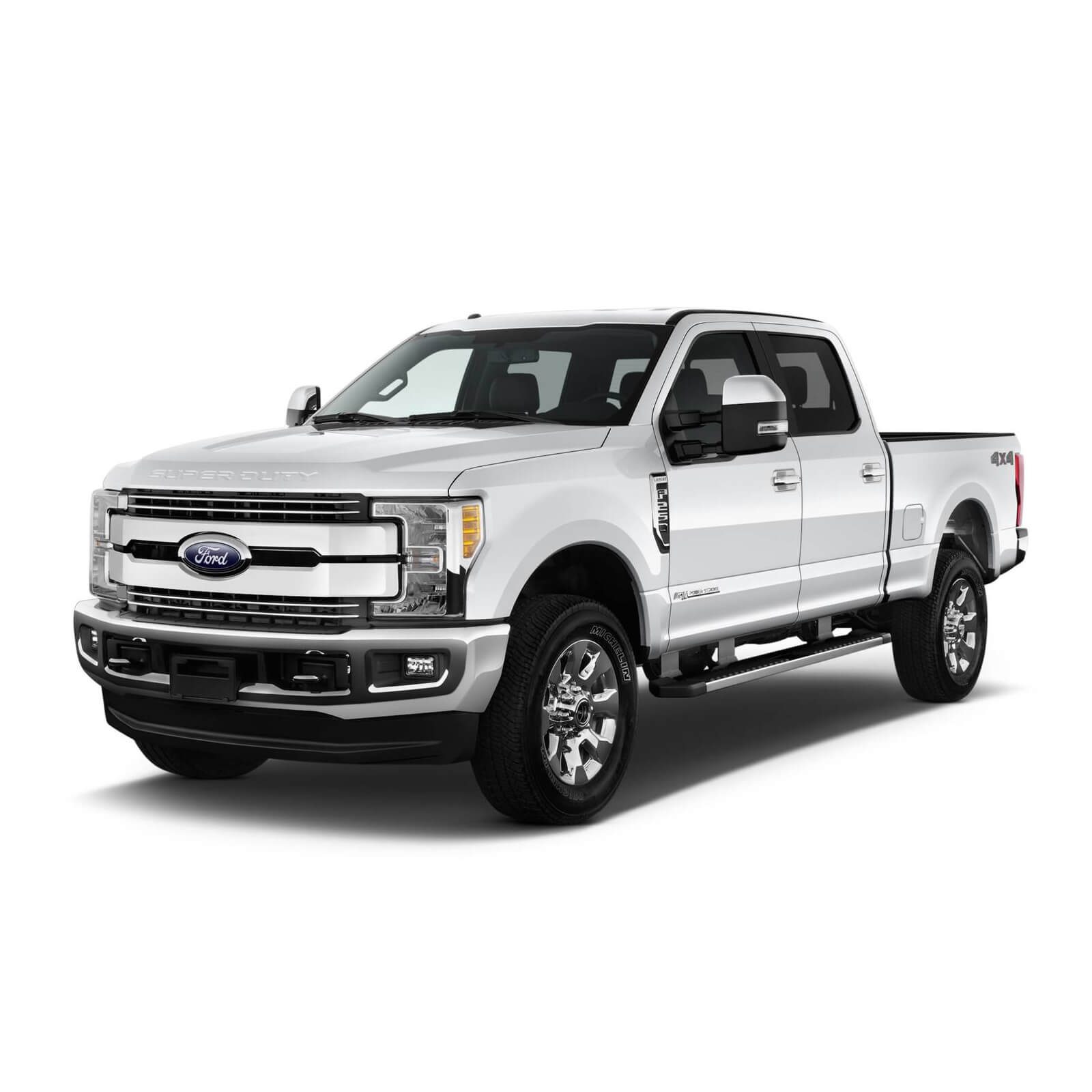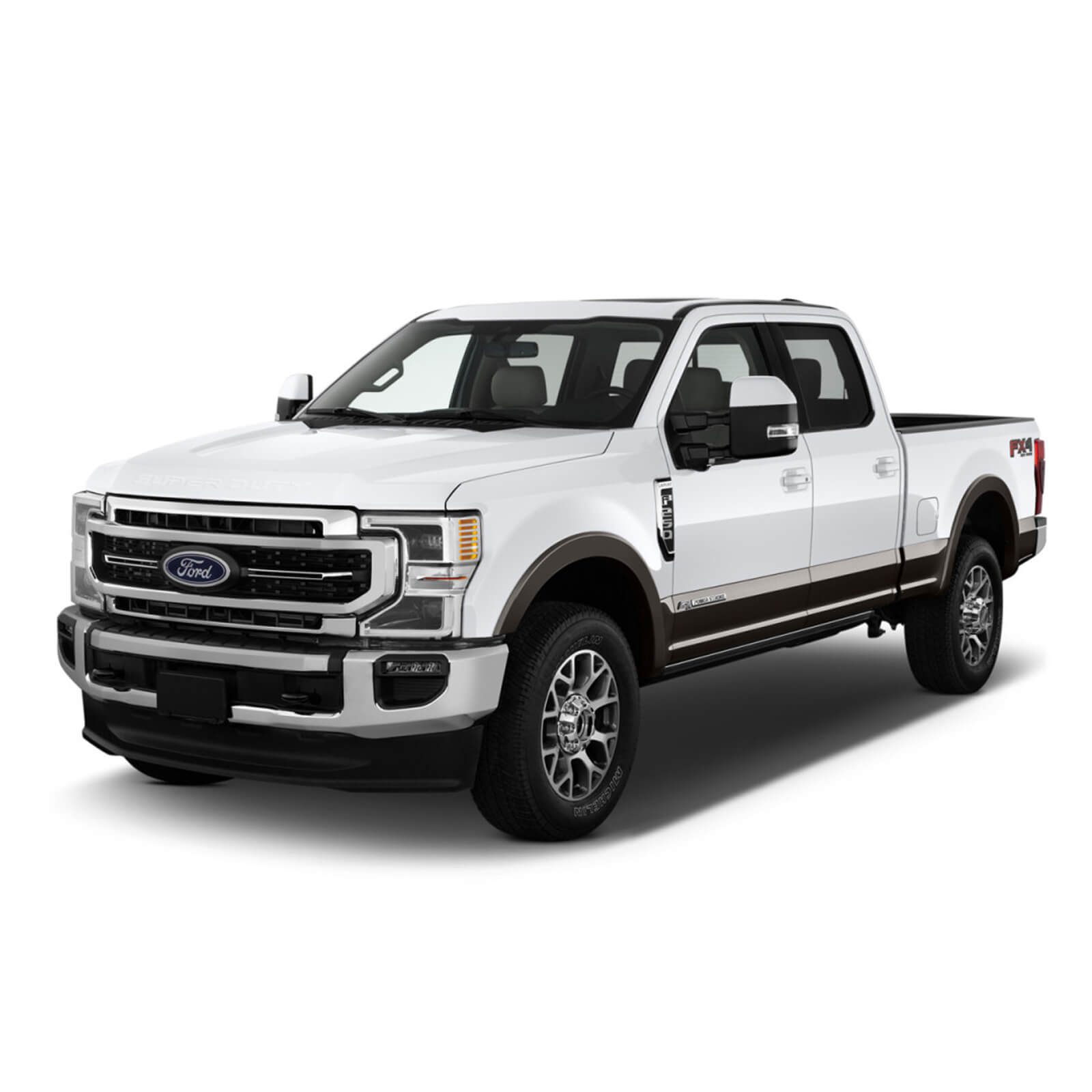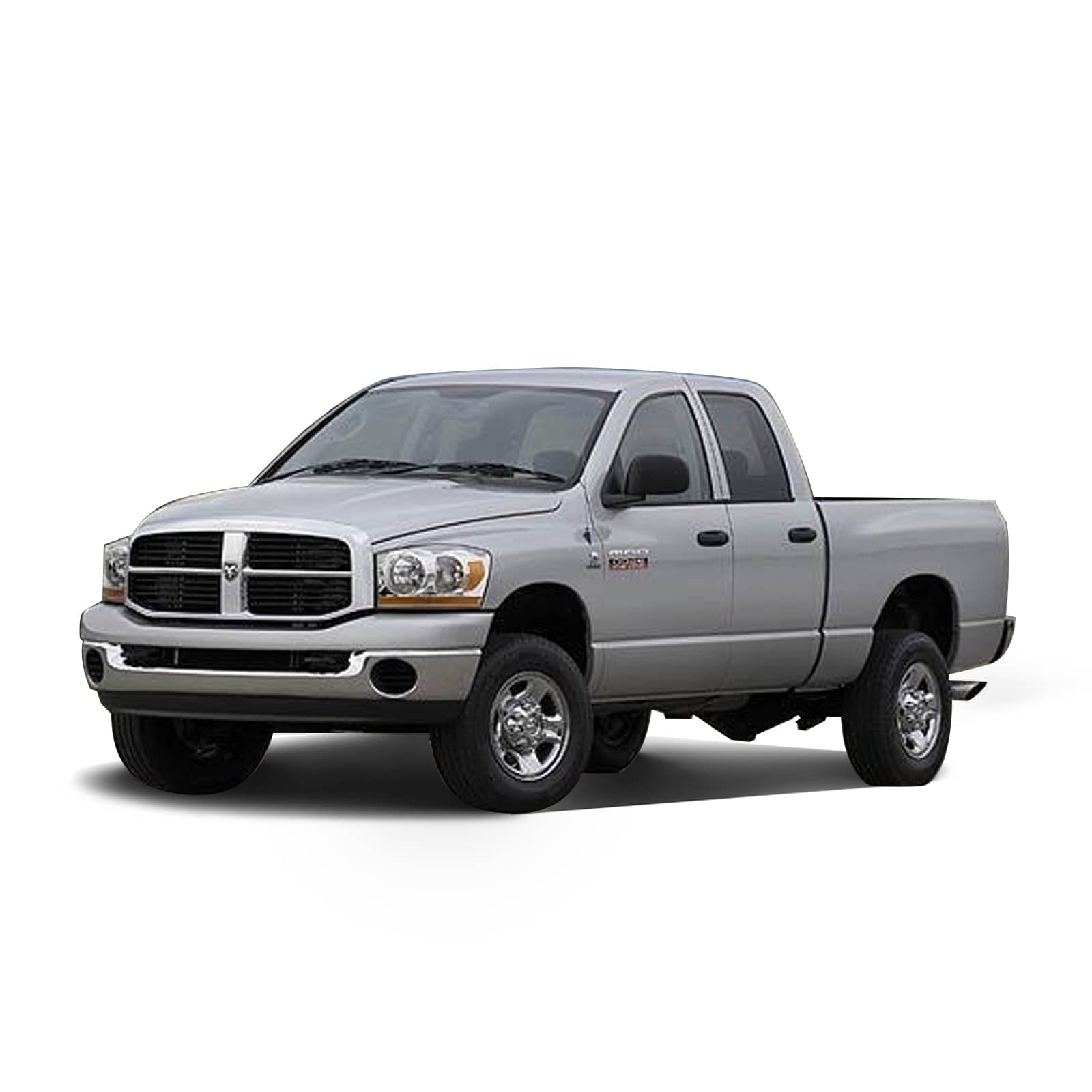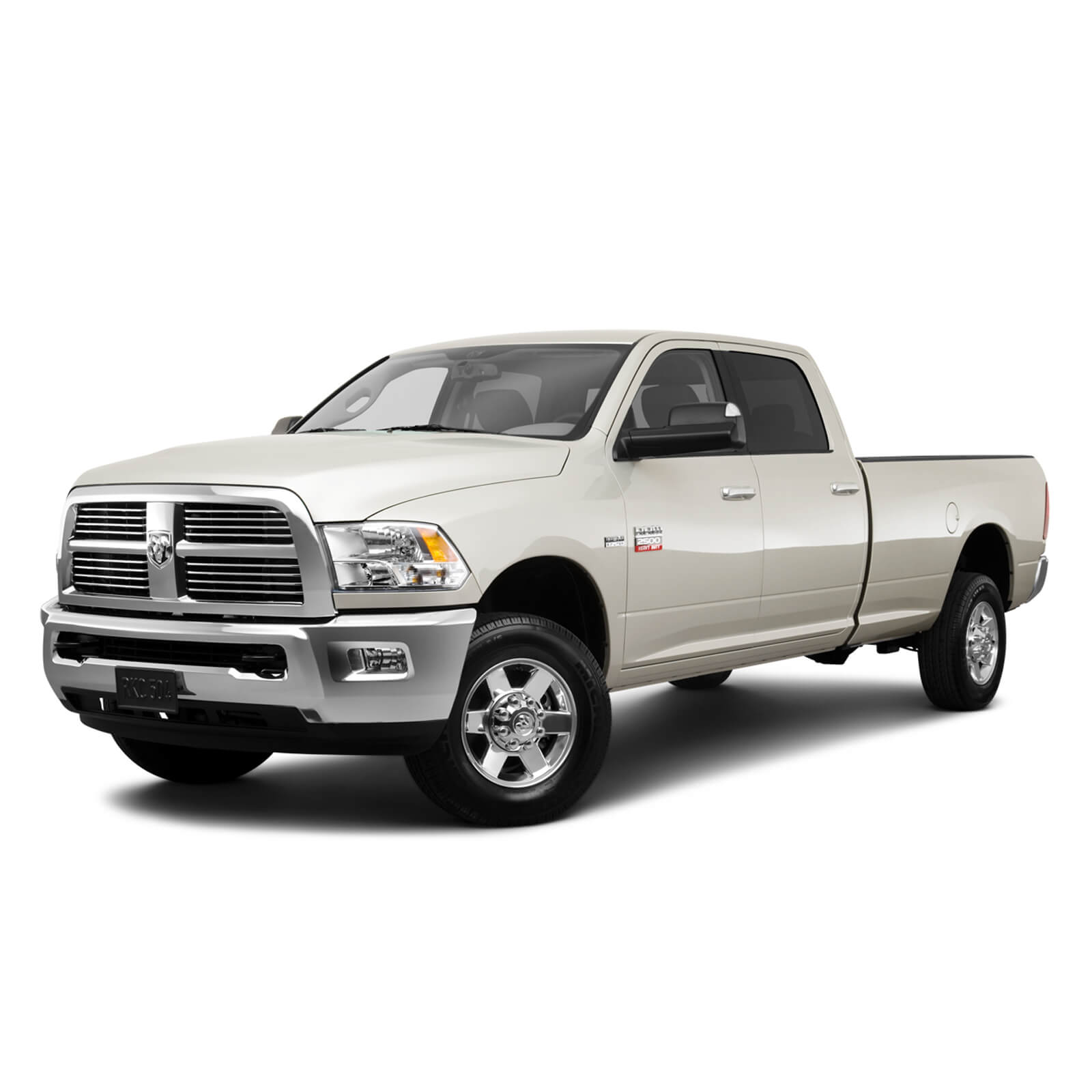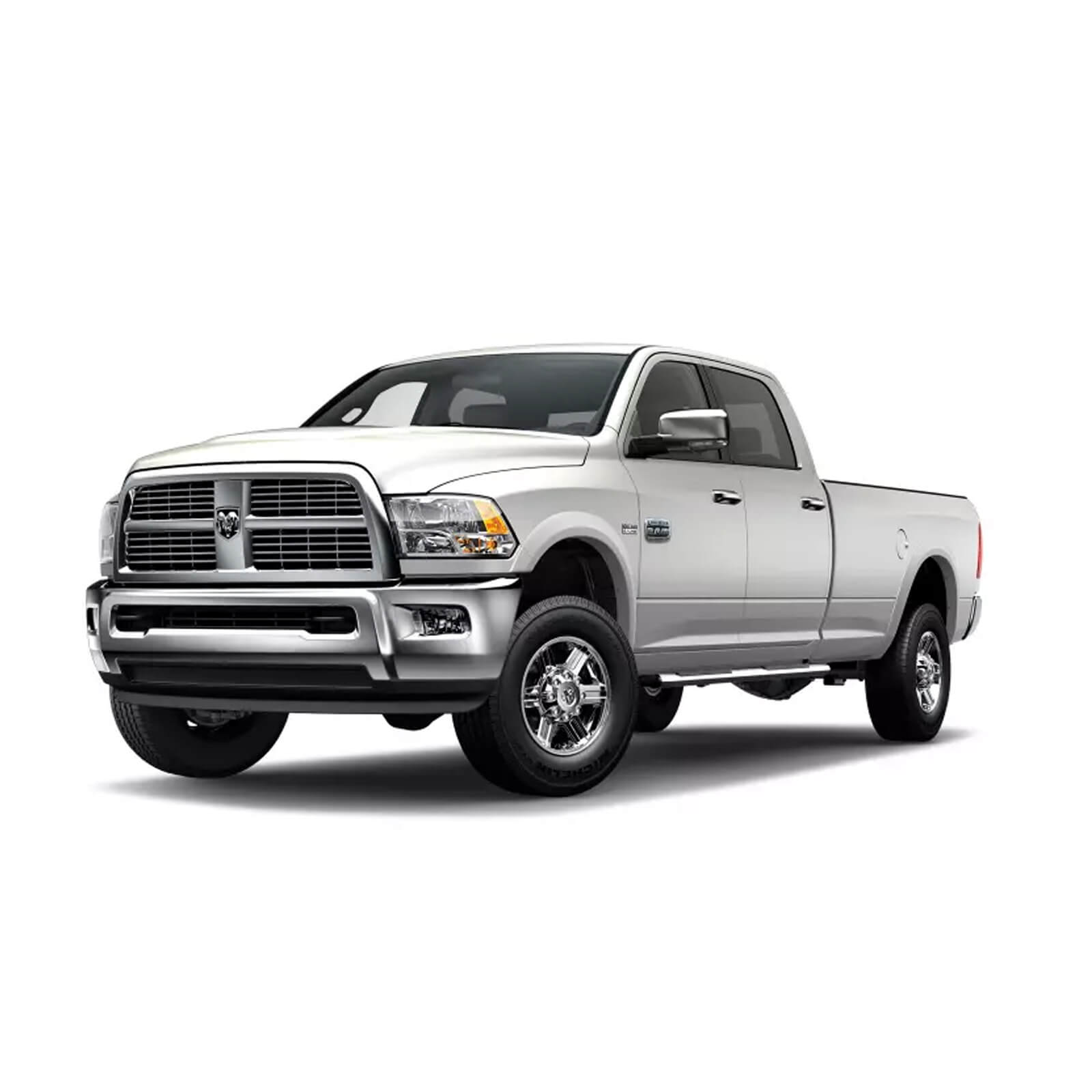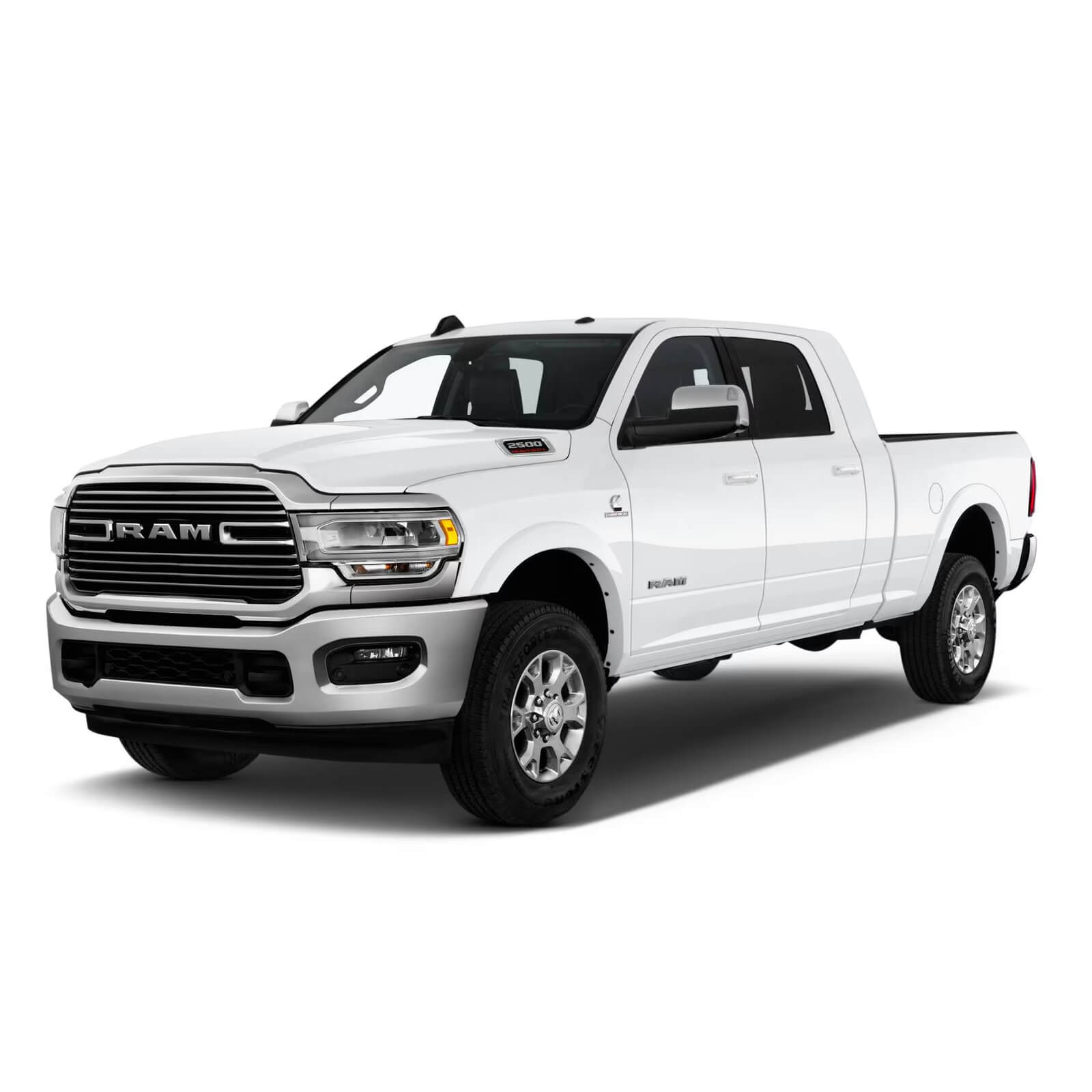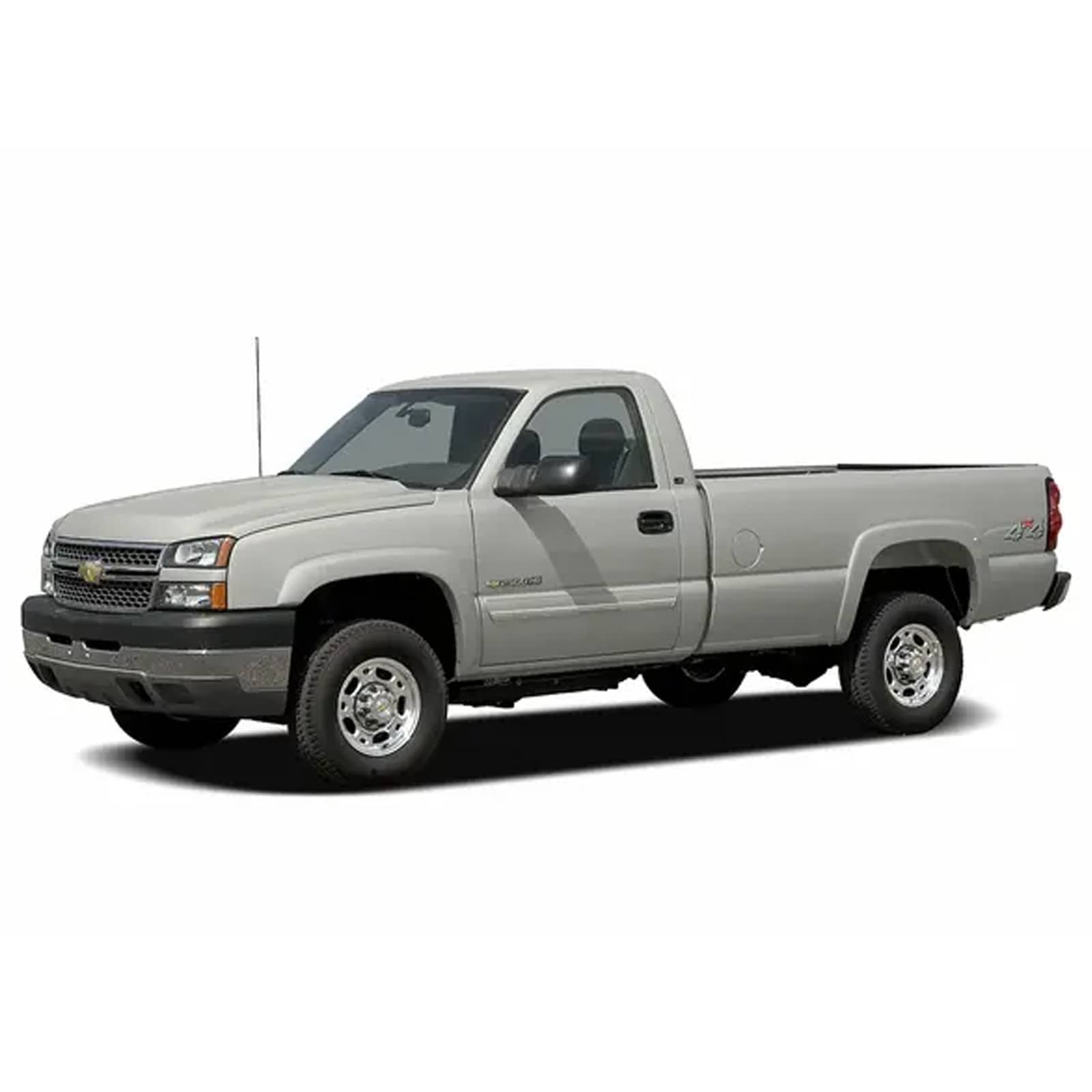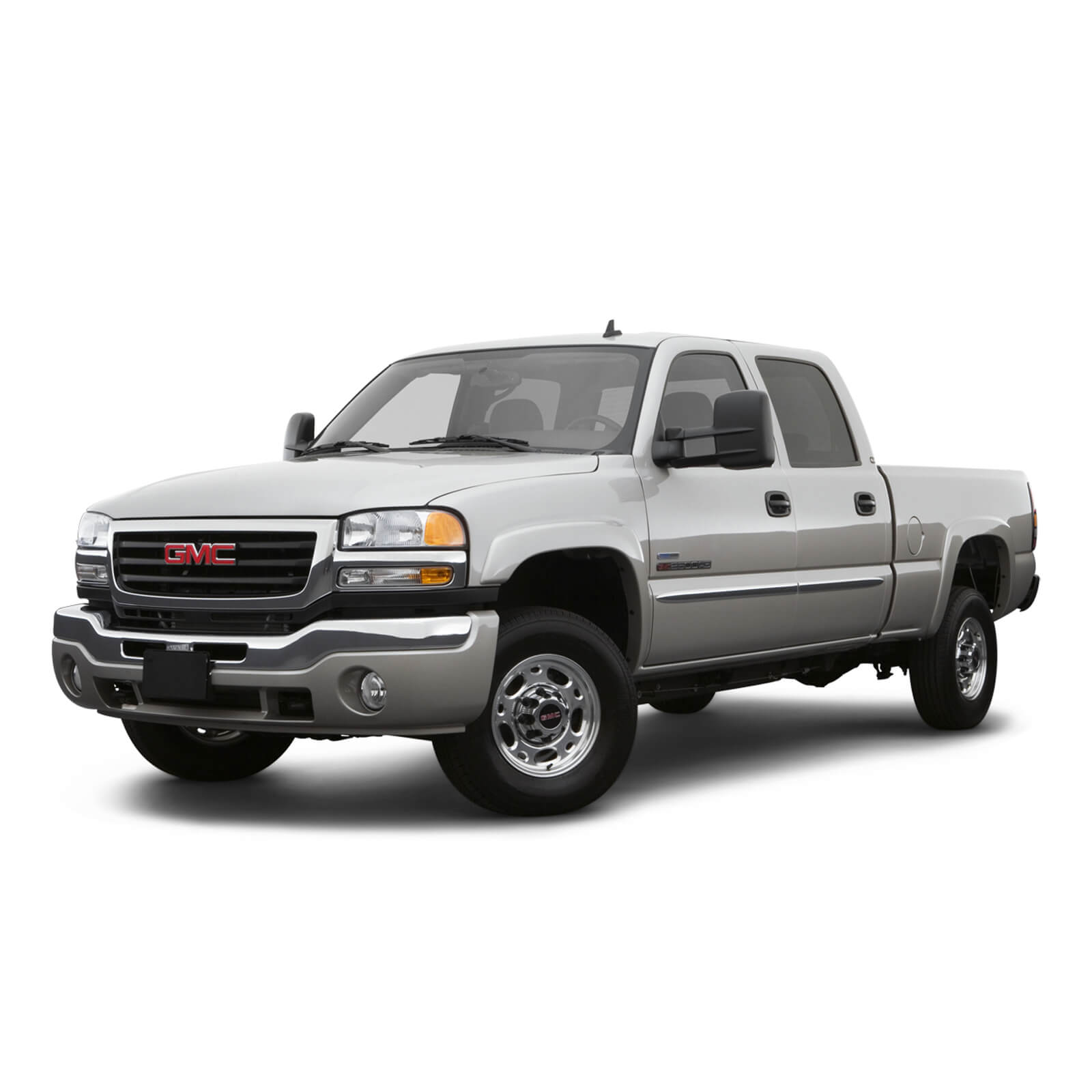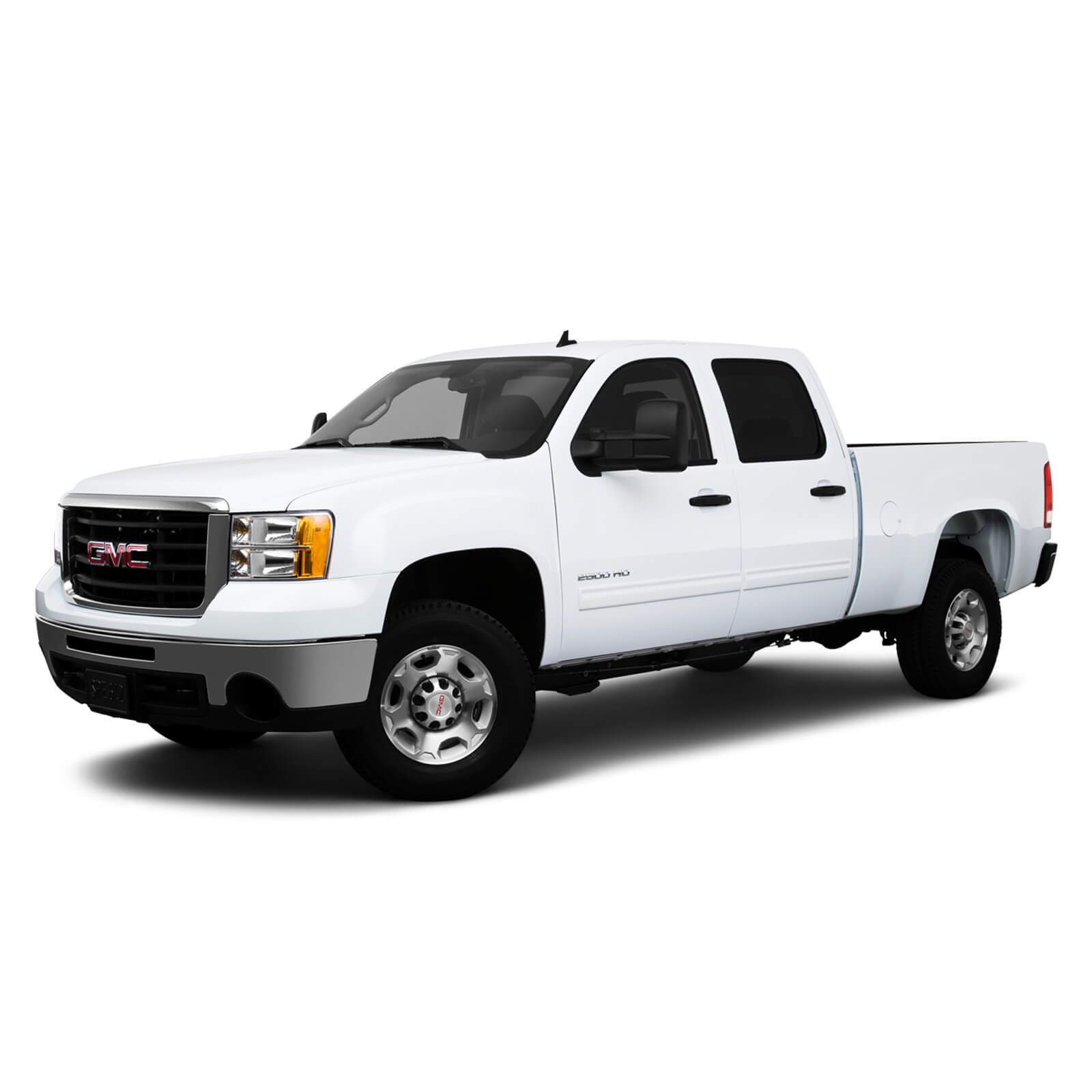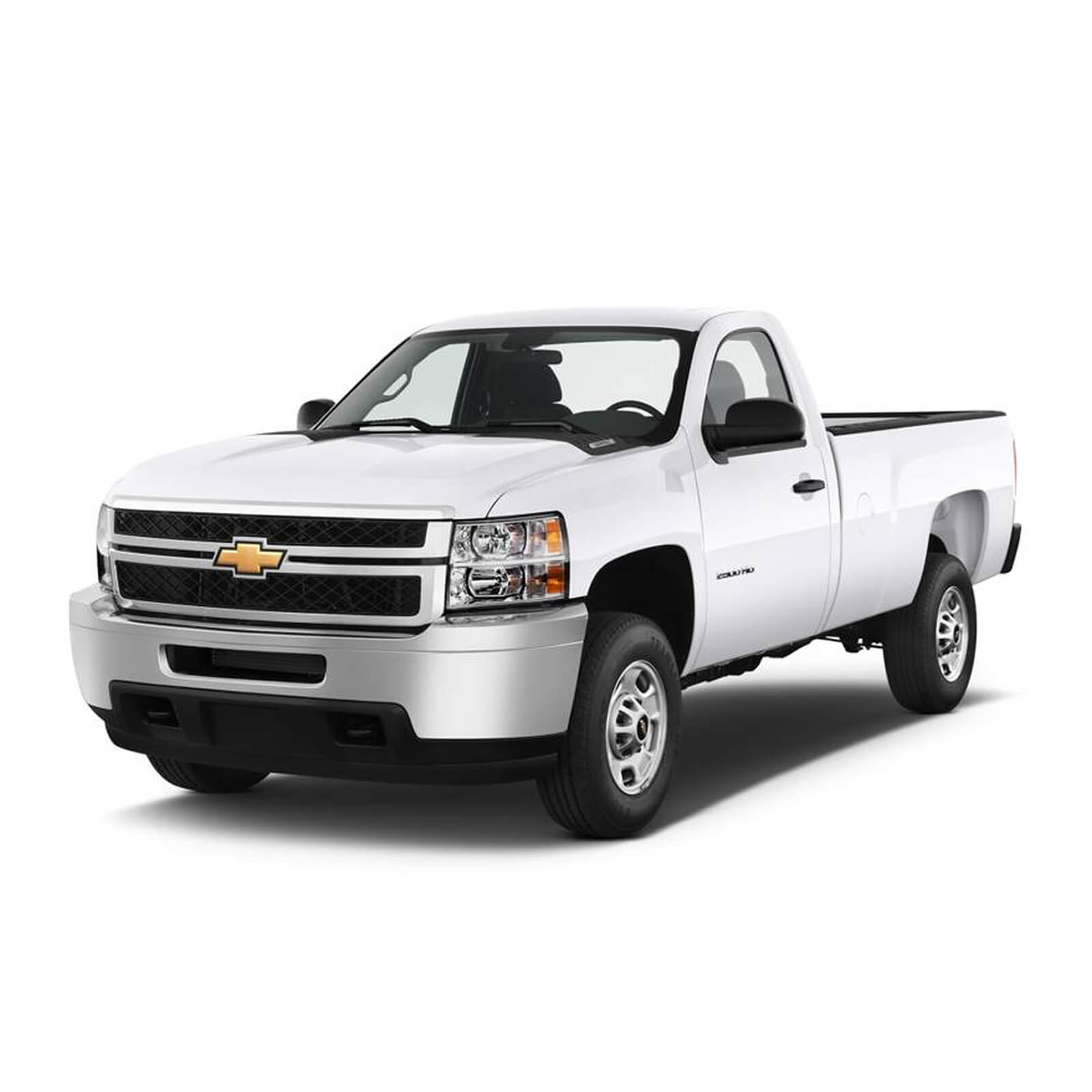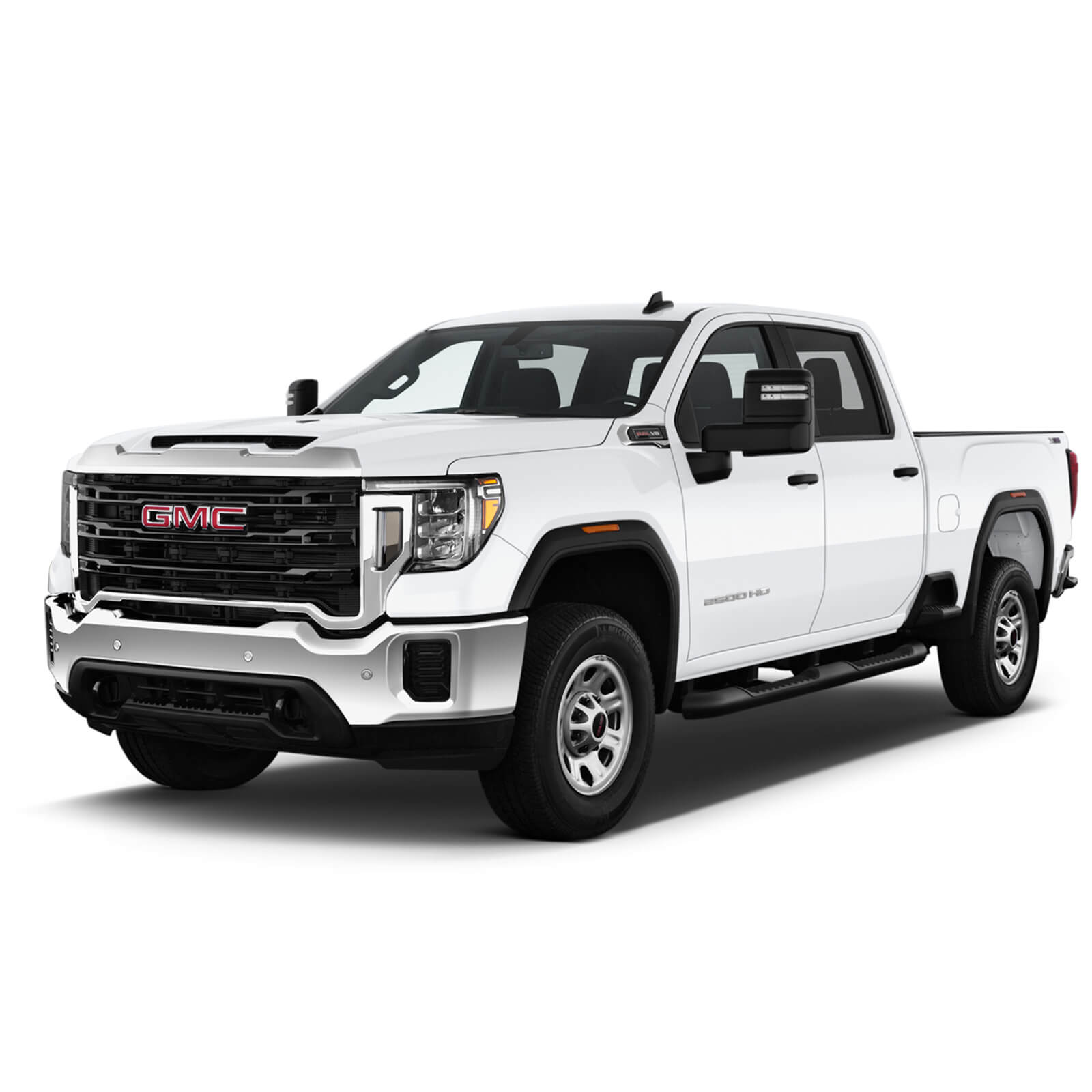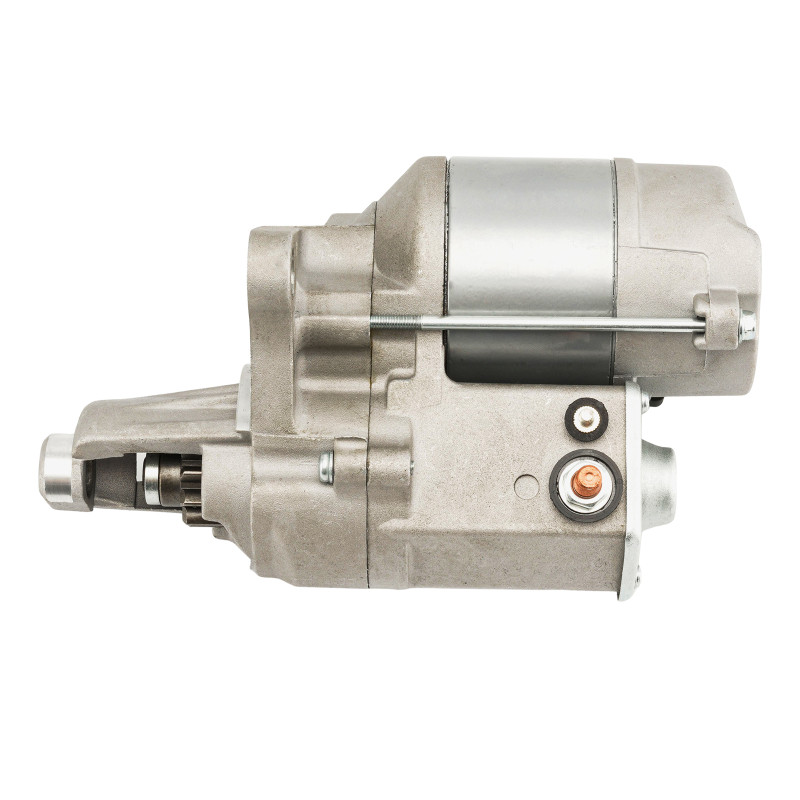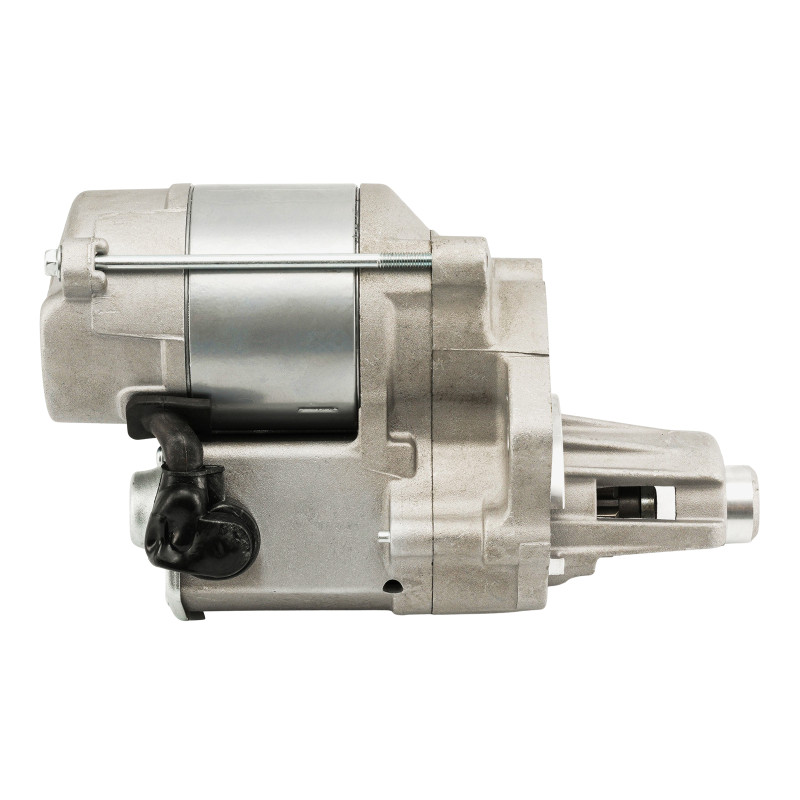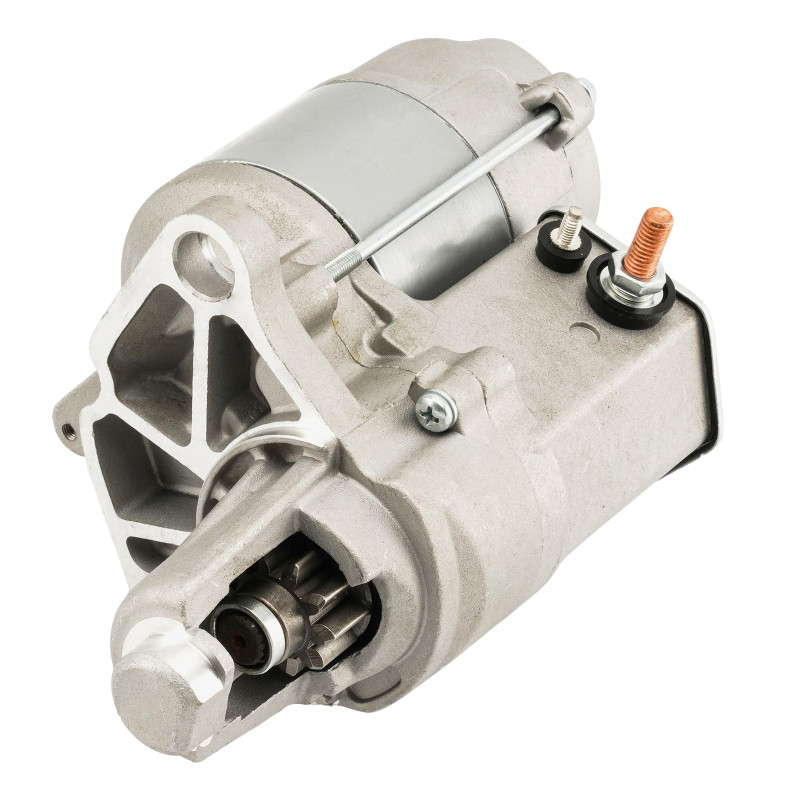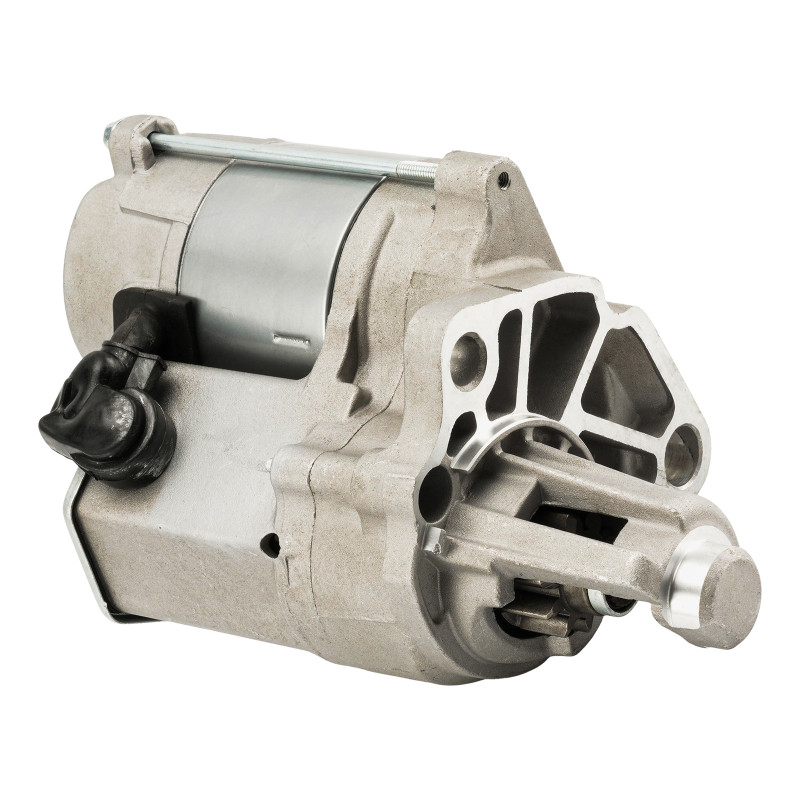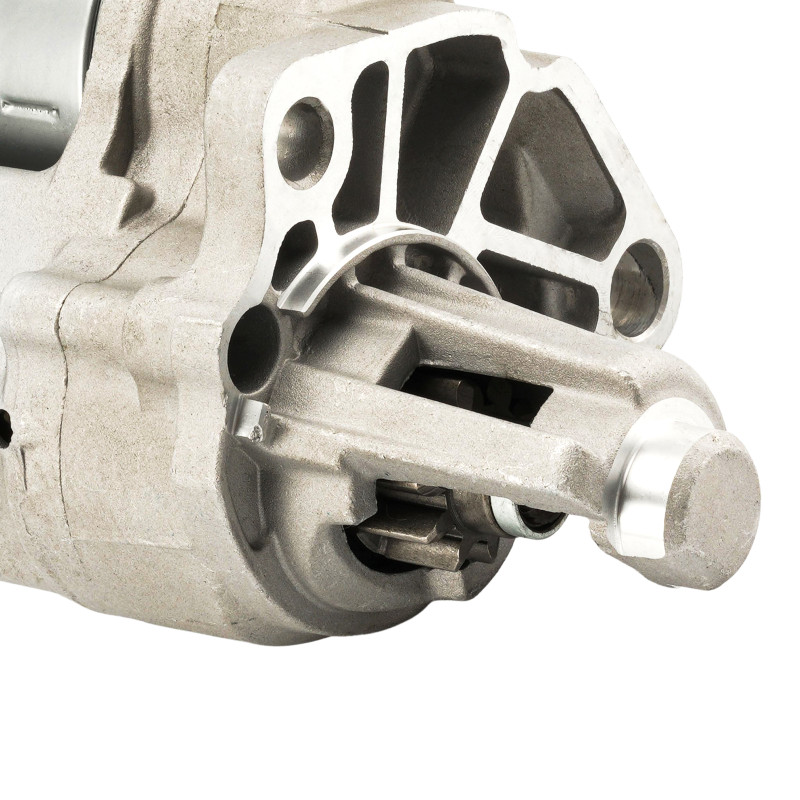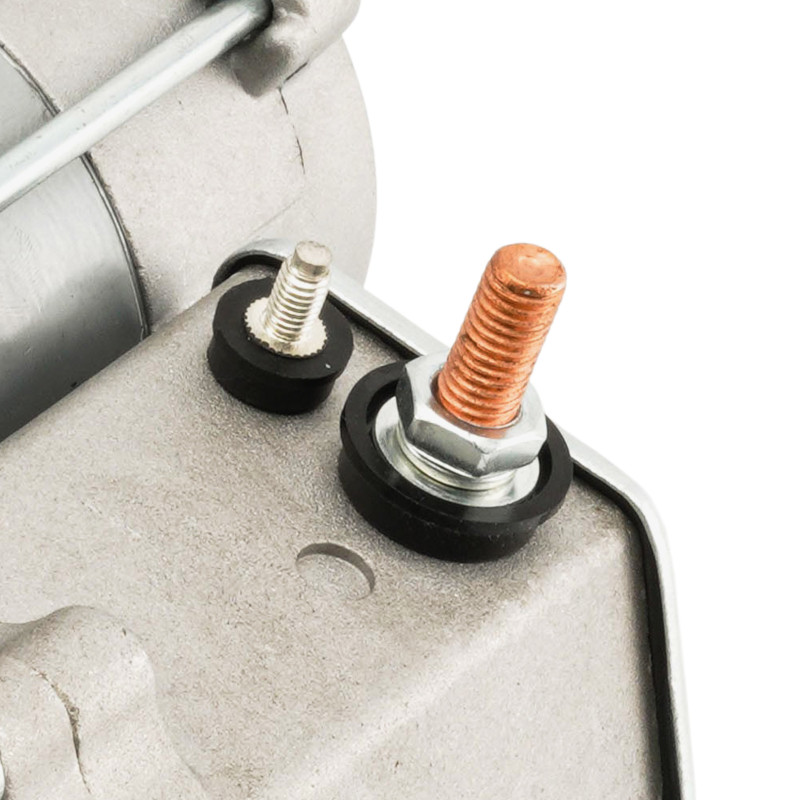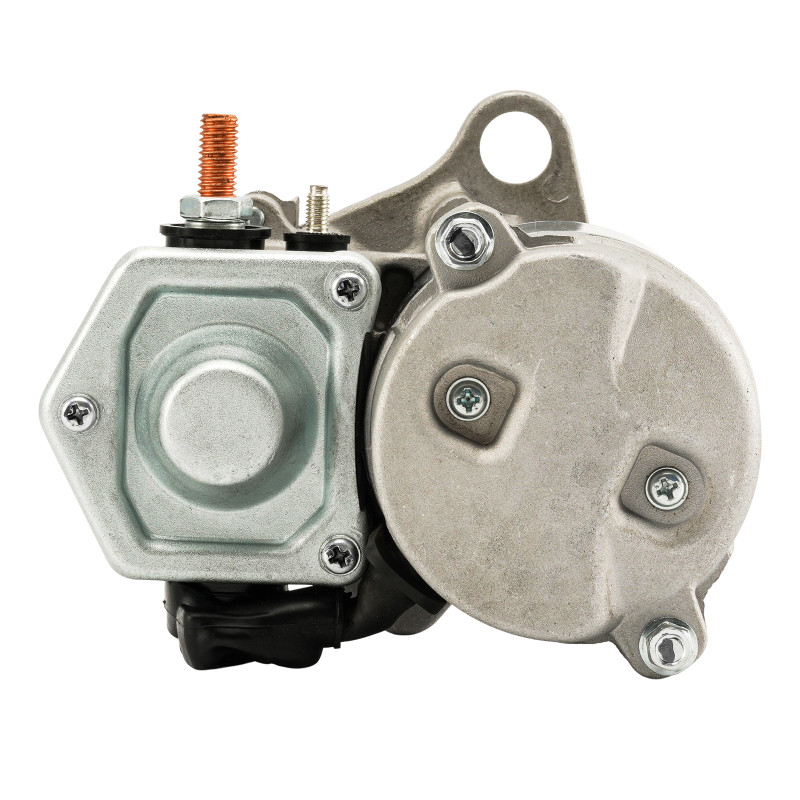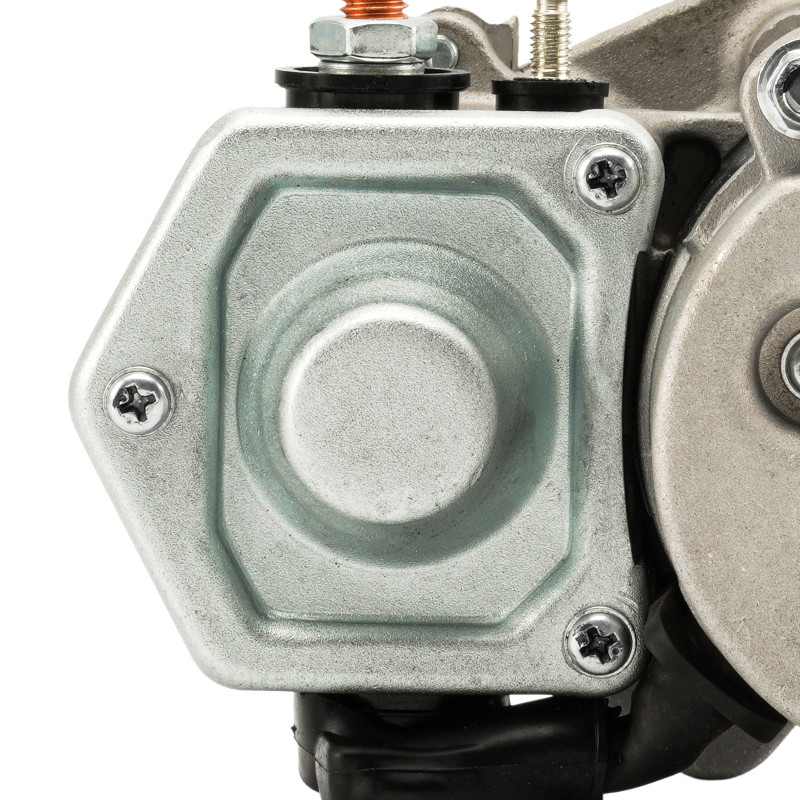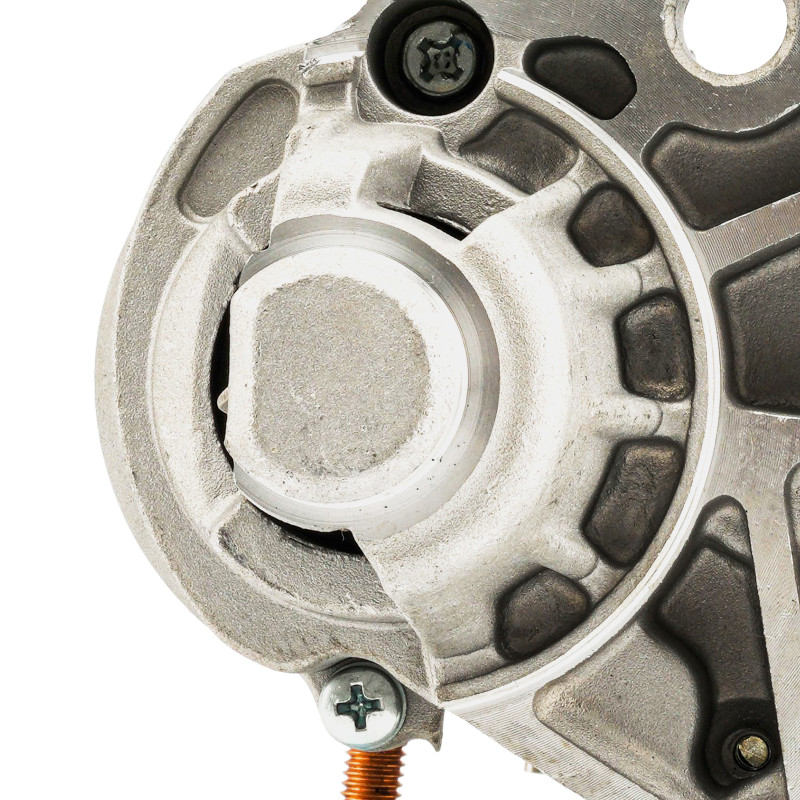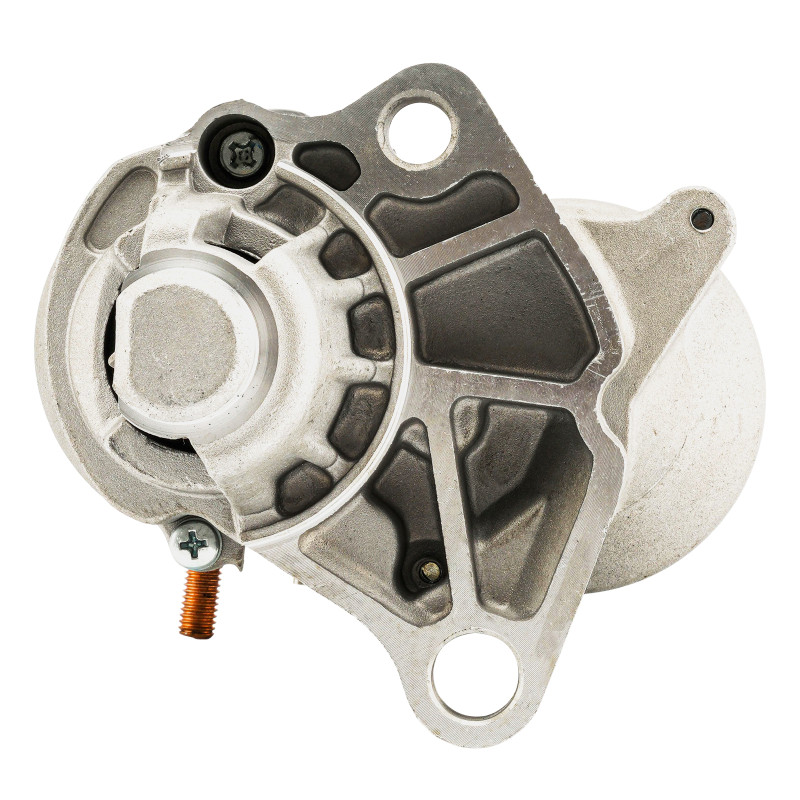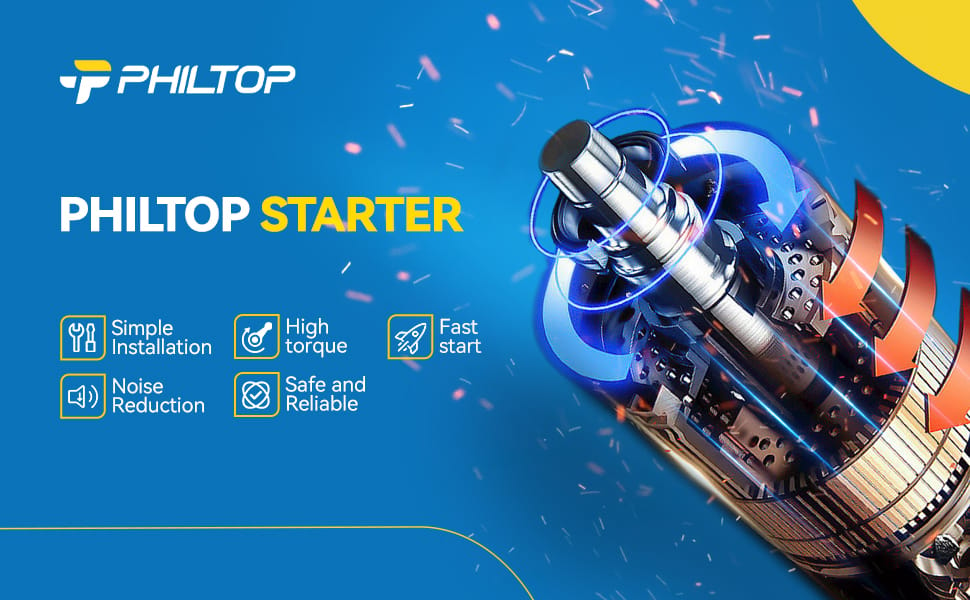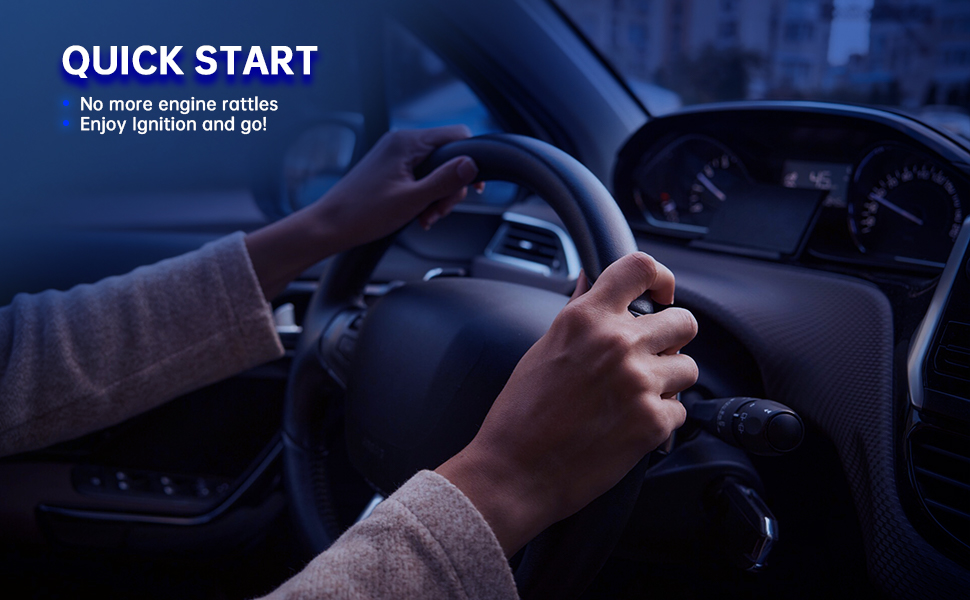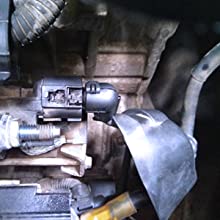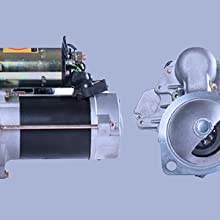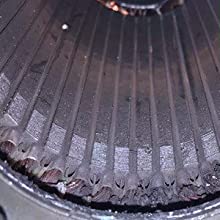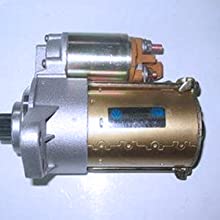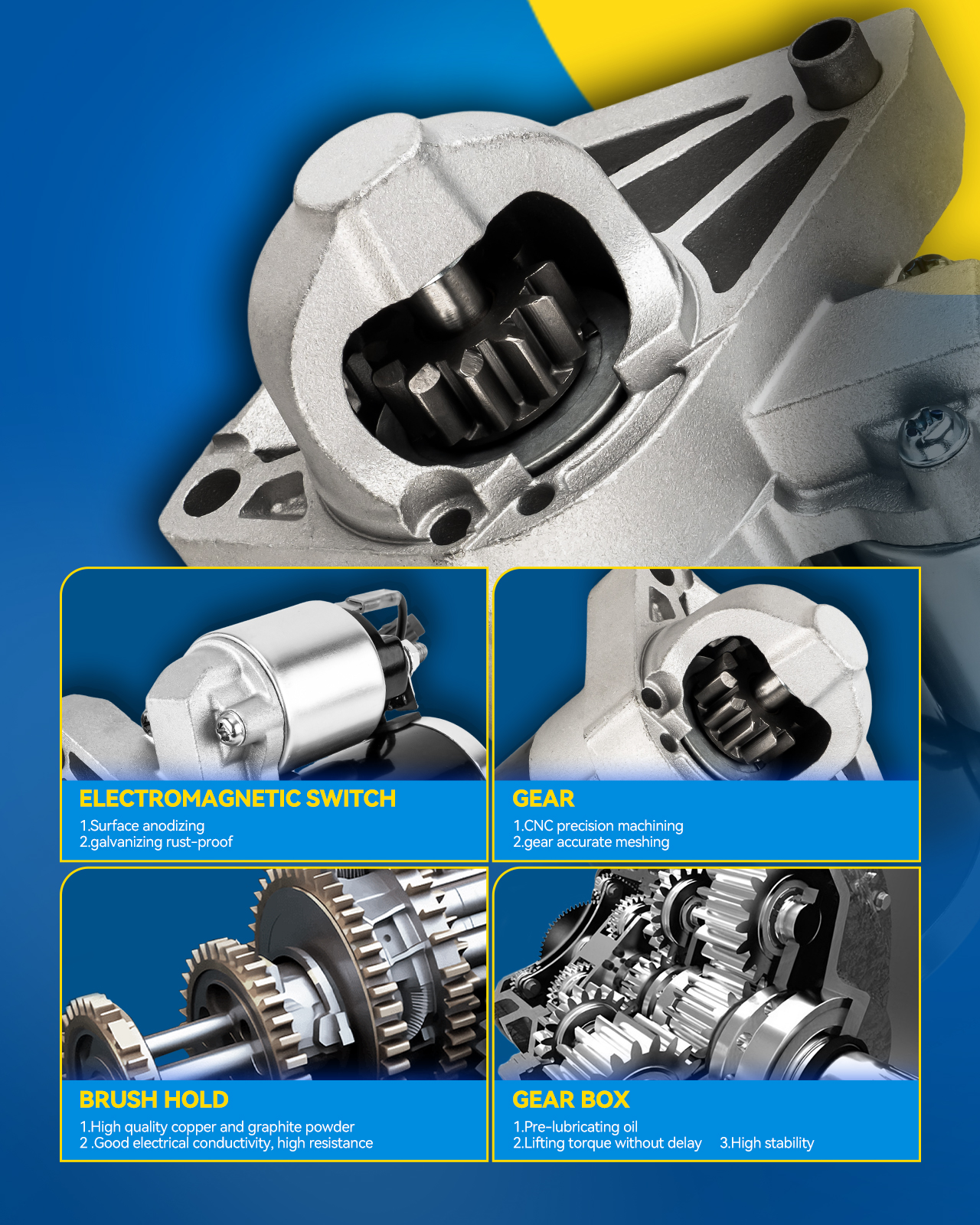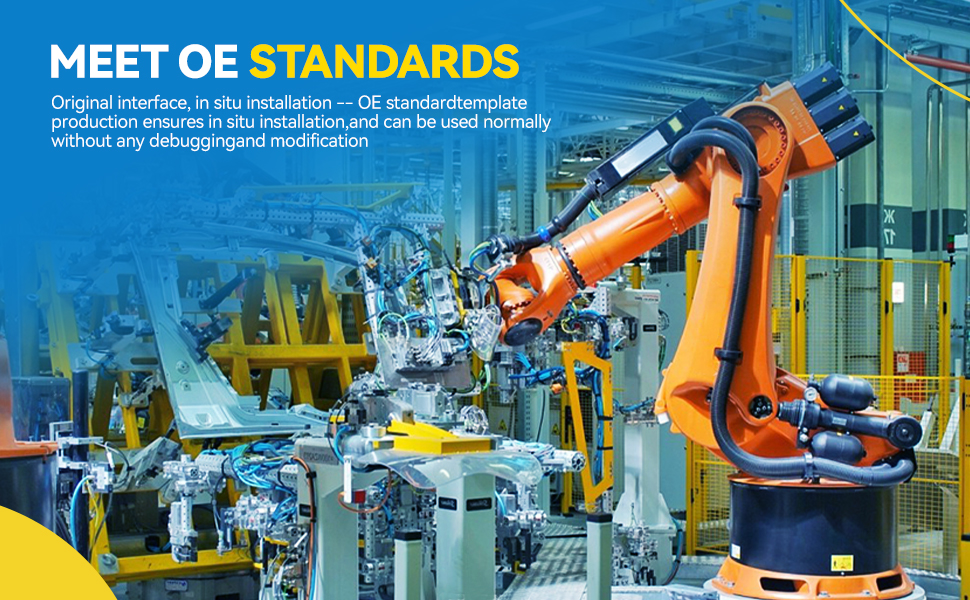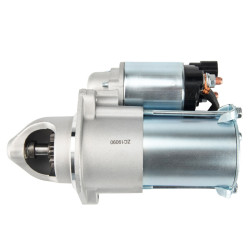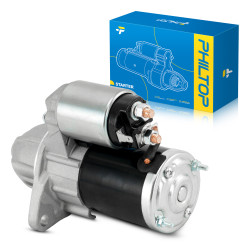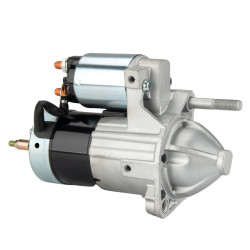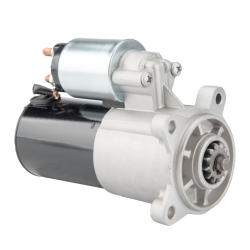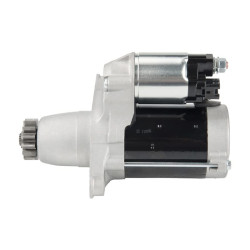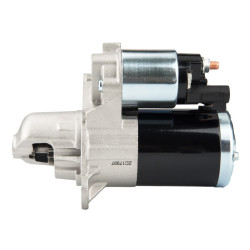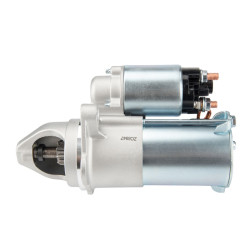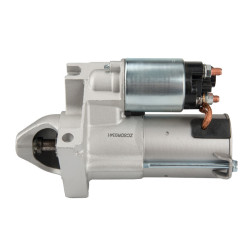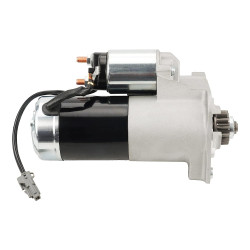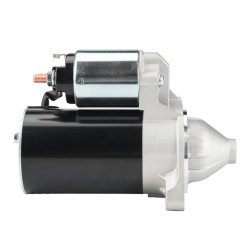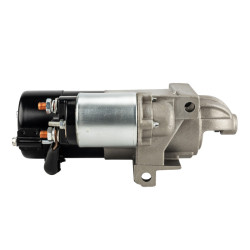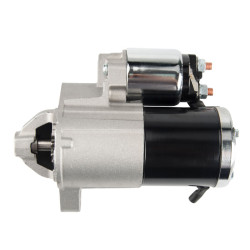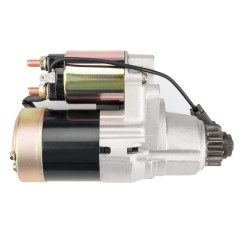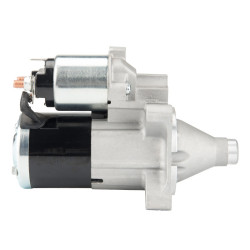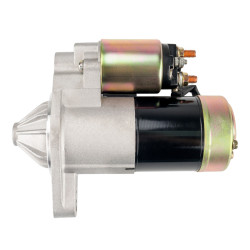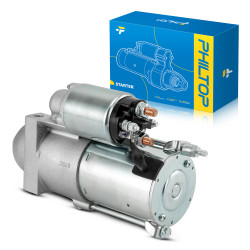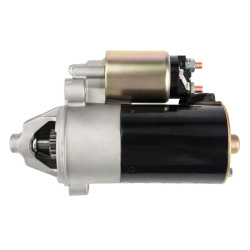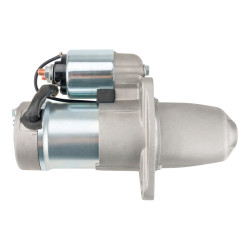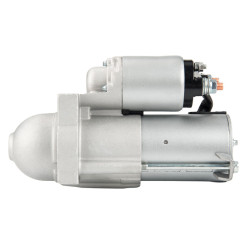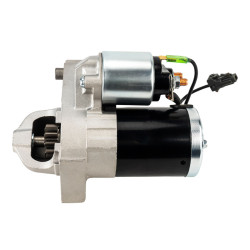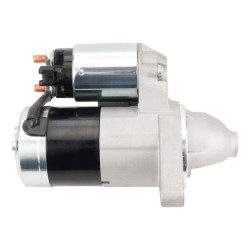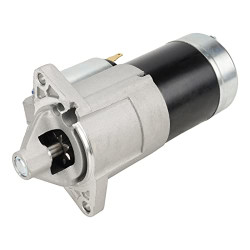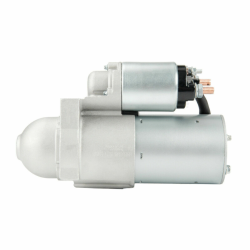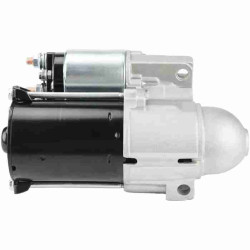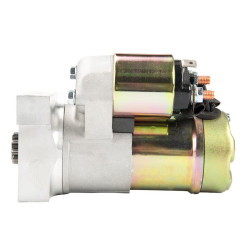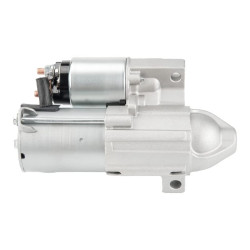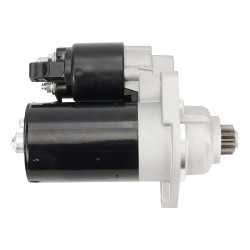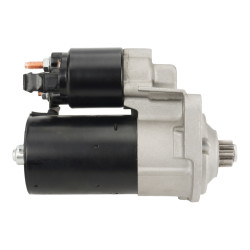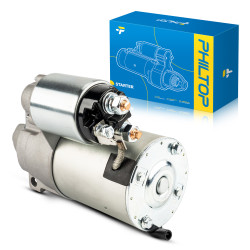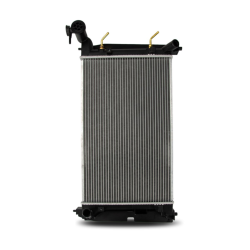Applicable Vehicle Models:
1970-1971 Chrysler 300 7.2L V8
1975-1983 Chrysler Cordoba 5.9L V8, 5.2L V8, 6.6L V8, 3.7L L6
1983-1987 Chrysler Fifth Avenue 5.2L V8, 3.7L L6
1970-1975, 1981-1983 Chrysler Imperial 7.2L V8, 5.2L V8
1977-1981 Chrysler LeBaron 5.9L V8, 5.2L V8, 3.7L L6
1970-1982 Chrysler New Yorker 5.9L V8, 6.6L V8, 5.2L V8, 7.2L V8, 3.7L L6
1970-1981 Chrysler Newport 5.9L V8, 6.6L V8, 6.3L V8, 5.2L V8, 7.2L V8, 3.7L L6
1970-1981 Chrysler Town & Country 6.6L V8, 5.9L V8, 6.3L V8, 5.2L V8, 7.2L V8, 3.7L L6
1977-1979, 1982 Chrysler Valiant 5.9L V8, 3.7L L6
1970 Dodge A100 5.2L V8
1970 Dodge A100 Truck 3.2L L6, 3.7L L6
1970 Dodge A108 Van 3.2L L6, 3.7L L6
1976-1980 Dodge Aspen 5.9L V8, 5.2L V8, 3.7L L6
1975-1980 Dodge B100 5.9L V8, 5.2L V8, 3.7L L6
1971-1974 Dodge B100 Van 5.9L V8, 5.2L V8, 7.2L V8, 3.2L L6, 3.7L L6
1981-1987, 1991-1994 Dodge B150 3.9L V6, 5.2L V8, 3.7L L6
1995 Dodge B1500 5.2L V8, 3.9L V6
1975-1980 Dodge B200 5.9L V8, 6.6L V8, 5.2L V8, 7.2L V8, 3.7L L6
1971-1974 Dodge B200 Van 6.6L V8, 5.9L V8, 5.2L V8, 7.2L V8, 3.2L L6, 3.7L L6
1981-1987, 1991-1994 Dodge B250 3.9L V6, 5.9L V8, 5.2L V8, 3.7L L6
1995 Dodge B2500 5.9L V8, 5.2L V8, 3.9L V6
1975-1980 Dodge B300 5.9L V8, 6.6L V8, 5.2L V8, 7.2L V8, 3.7L L6
1971-1974 Dodge B300 Van 5.9L V8, 6.6L V8, 5.2L V8, 7.2L V8, 3.7L L6
1981-1987, 1991-1994 Dodge B350 5.9L V8, 5.2L V8
1995 Dodge B3500 5.9L V8, 5.2L V8
1980 Dodge CB300 5.9L V8
1970-1974 Dodge Challenger 5.9L V8, 5.6L V8, 7.0L V8, 6.3L V8, 5.2L V8, 7.2L V8, 3.2L L6, 3.7L L6
1970-1978 Dodge Charger 5.9L V8, 6.6L V8, 5.6L V8, 7.0L V8, 6.3L V8, 5.2L V8, 7.2L V8, 3.7L L6
1970-1976 Dodge Coronet 5.9L V8, 6.6L V8, 5.6L V8, 7.0L V8, 6.3L V8, 5.2L V8, 7.2L V8, 3.7L L6
1975-1979, 1986-1987 Dodge D100 6.6L V8, 5.9L V8, 5.2L V8, 7.2L V8, 3.7L L6
1970-1974 Dodge D100 Pickup 6.6L V8, 5.9L V8, 6.3L V8, 5.2L V8, 7.2L V8, 3.2L L6, 3.7L L6
1977-1987, 1991-1993 Dodge D150 5.9L V8, 6.6L V8, 3.9L V6, 5.2L V8, 7.2L V8, 3.7L L6
1975-1980 Dodge D200 5.9L V8, 6.6L V8, 5.2L V8, 7.2L V8, 3.7L L6
1970-1974 Dodge D200 Pickup 6.6L V8, 5.9L V8, 6.3L V8, 5.2L V8, 7.2L V8, 3.7L L6
1981-1987, 1991-1993 Dodge D250 3.9L V6, 5.9L V8, 5.2L V8, 3.7L L6
1975-1980 Dodge D300 5.9L V8, 6.6L V8, 5.2L V8, 7.2L V8, 3.7L L6
1970-1974 Dodge D300 Pickup 6.6L V8, 5.9L V8, 6.3L V8, 5.2L V8, 7.2L V8, 3.7L L6
1981-1987, 1991-1993 Dodge D350 5.9L V8, 5.2L V8
1978-1981 Dodge D400 5.9L V8, 7.2L V8
1978-1981 Dodge D450 5.9L V8, 7.2L V8
1987, 1991-1995 Dodge Dakota 5.2L V8, 3.9L V6
1970-1977, 1979-1982 Dodge Dart 5.9L V8, 5.6L V8, 5.2L V8, 3.2L L6, 3.7L L6
1977-1987 Dodge Diplomat 5.9L V8, 5.2L V8, 3.7L L6
1978-1979, 1981-1982 Dodge Magnum 5.9L V8, 5.2L V8, 6.6L V8
1980-1983 Dodge Mirada 5.9L V8, 5.2L V8, 3.7L L6
1970-1978 Dodge Monaco 6.6L V8, 5.9L V8, 6.3L V8, 5.2L V8, 7.2L V8, 3.7L L6
1970-1972 Dodge P200 5.9L V8, 3.7L L6
1970-1972 Dodge P300 5.9L V8, 3.7L L6
1970-1973 Dodge Polara 5.9L V8, 6.6L V8, 6.3L V8, 5.2L V8, 7.2L V8, 3.7L L6
1994-1995 Dodge Ram 1500 5.9L V8, 5.2L V8, 3.9L V6
1994-1995 Dodge Ram 2500 5.9L V8, 5.2L V8
1994-1995 Dodge Ram 3500 5.9L V8
1995 Dodge Ram 4000 5.9L V8
1974-1987, 1991-1993 Dodge Ramcharger 5.9L V8, 6.6L V8, 5.2L V8, 7.2L V8, 3.7L L6
1975-1977 Dodge Royal Monaco 5.9L V8, 7.2L V8, 5.2L V8, 6.6L V8
1979-1981 Dodge St. Regis 5.9L V8, 5.2L V8, 3.7L L6
1975-1977, 1986-1987 Dodge W100 5.9L V8, 6.6L V8, 5.2L V8, 7.2L V8, 3.7L L6
1970-1974 Dodge W100 Pickup 5.9L V8, 6.6L V8, 6.3L V8, 5.2L V8, 7.2L V8, 3.7L L6
1977-1987, 1991-1993 Dodge W150 5.9L V8, 6.6L V8, 3.9L V6, 5.2L V8, 7.2L V8, 3.7L L6
1975-1980 Dodge W200 6.6L V8, 5.9L V8, 5.2L V8, 7.2L V8, 3.7L L6
1970-1974 Dodge W200 Pickup 6.6L V8, 5.9L V8, 6.3L V8, 5.2L V8, 7.2L V8, 3.7L L6
1981-1987, 1991-1993 Dodge W250 5.9L V8, 5.2L V8
1975-1980 Dodge W300 6.6L V8, 5.9L V8, 5.2L V8, 7.2L V8, 3.7L L6
1970-1974 Dodge W300 Pickup 6.6L V8, 5.9L V8, 6.3L V8, 5.2L V8, 7.2L V8, 3.7L L6
1981-1987, 1991-1993 Dodge W350 5.9L V8, 5.2L V8
1970-1974 Plymouth Barracuda 5.9L V8, 5.6L V8, 6.3L V8, 5.2L V8, 3.2L L6, 3.7L L6
1970 Plymouth Belvedere 6.3L V8, 5.2L V8, 3.7L L6
1978-1987 Plymouth Caravelle 5.9L V8, 5.2L V8, 3.7L L6
1970-1974 Plymouth Cuda 5.9L V8, 5.6L V8, 7.0L V8, 6.3L V8, 5.2L V8, 7.2L V8
1970-1976 Plymouth Duster 5.9L V8, 5.6L V8, 5.2L V8, 3.2L L6, 3.7L L6
1970-1978 Plymouth Fury 5.9L V8, 6.6L V8, 6.3L V8, 5.2L V8, 7.2L V8, 3.7L L6
1973 Plymouth Fury I 3.7L L6
1970-1971 Plymouth GTX 7.2L V8, 7.0L V8
1972-1977, 1980-1987 Plymouth Gran Fury 5.9L V8, 6.6L V8, 5.2L V8, 7.2L V8, 3.7L L6
1980 Plymouth PB100 5.2L V8, 3.7L L6
1981-1983 Plymouth PB150 5.2L V8, 3.7L L6
1980 Plymouth PB200 5.9L V8, 5.2L V8, 3.7L L6
1981-1983 Plymouth PB250 5.9L V8, 5.2L V8, 3.7L L6
1980 Plymouth PB300 5.9L V8, 5.2L V8
1981-1983 Plymouth PB350 5.9L V8, 5.2L V8
1970-1974 Plymouth Satellite 6.6L V8, 5.9L V8, 5.6L V8, 6.3L V8, 5.2L V8, 7.2L V8, 3.7L L6
1971-1976 Plymouth Scamp 5.2L V8, 3.2L L6, 3.7L L6
1974-1981 Plymouth Trailduster 5.9L V8, 6.6L V8, 5.2L V8, 7.2L V8, 3.7L L6
1970-1976 Plymouth Valiant 5.9L V8, 5.6L V8, 5.2L V8, 3.2L L6, 3.7L L6
1976-1980 Plymouth Volare 5.9L V8, 5.2L V8, 3.7L L6






















